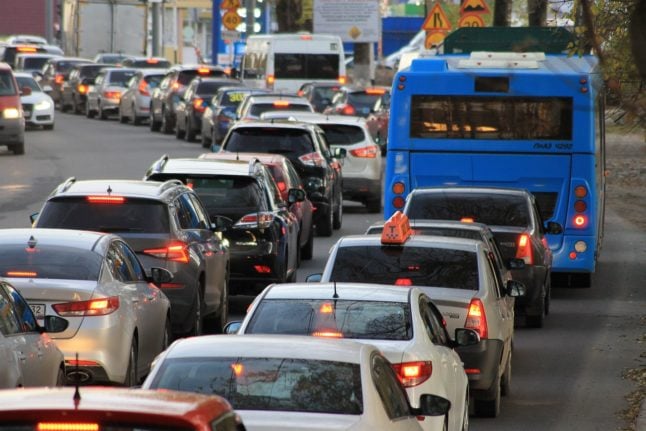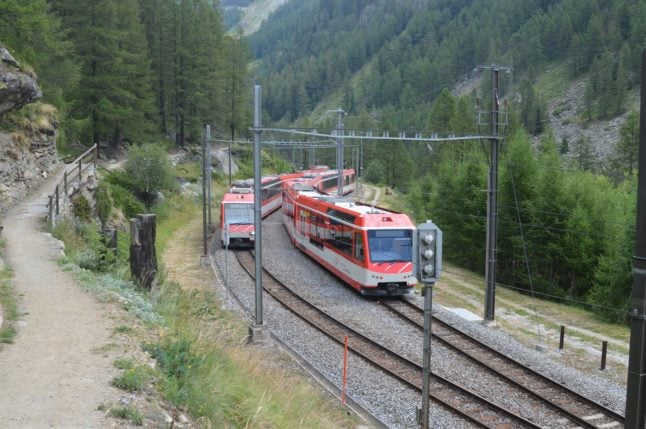Measles infections are rising in Switzerland
Despite a high vaccination rate of 94 percent among young children, Switzerland is experiencing an increase in measles cases.
So far this year, the Federal Office of Public Health (FOPH) registered 87 cases of this infectious disease, against 26 in 2023.
No deaths were recorded, however.
Health authorities believe that most of the cases were brought to Switzerland by unvaccinated people who were contaminated abroad.
Swiss not ready to recognise third gender
After a non-binary Swiss singer, Nemo, won the Eurovision Song Contest in May, there was much talk about the need for Switzerland to recognise a third gender.
However, according to a new Tamedia survey published on Monday, the majority of Switzerland’s population — 57 percent — are still against the official recognition of non-binary status.
On the positive side, more people are now open to the acceptance of third gender: the same survey carried out a year ago showed that 62 percent of respondents opposed the move — 5 percent more than currently.
READ ALSO: Could Switzerland officially recognise a third gender status?
Motorists spend more time than ever in traffic jams
If you feel like the volume of traffic on Swiss motorways is steadily growing — you are right,
The fact is that roads in Switzerland are no longer able to absorb the traffic: in 2023 alone, bottlenecks increased by 22 percent, which translated into nearly 50,000 hours spent in jams, according to figures released on Monday by the Federal Roads Office (OFROU).
This figure constitutes an all-time record, OFROU said.
Cases of mental illnesses continue to increase in Switzerland
In 2023, more than half (53 percent) of applications for disability insurance, concerned depression and other types of mental conditions.
This is what emerged from data released on Monday by the Federal Social Insurance Office.
Each year between 2018 and 2022, the number of applications related to mental conditions went up by 1 percent, but in 2023 it increased by 2 percent, showing a steady upward trend.
READ ALSO: How can a foreign resident apply for Swiss disability insurance?
Switzerland’s image got a boost from the Ukraine peace conference
It is not clear at this point whether the conference that Switzerland organised in Bürgenstock last weekend will yield any tangible results in terms of peace in Ukraine.
But there is at least one positive outcome from this summit, which was widely covered in international media: the country’s reputation got a boost.
“The peace conference ensured that Switzerland’s image as a safe and humanitarian country with beautiful 5-star hotels is strengthened further,” according to Markus Berger, spokesperson for Switzerland Tourism.
If you have any questions about life in Switzerland, ideas for articles or news tips for The Local, please get in touch with us at [email protected]



 Please whitelist us to continue reading.
Please whitelist us to continue reading.
Member comments